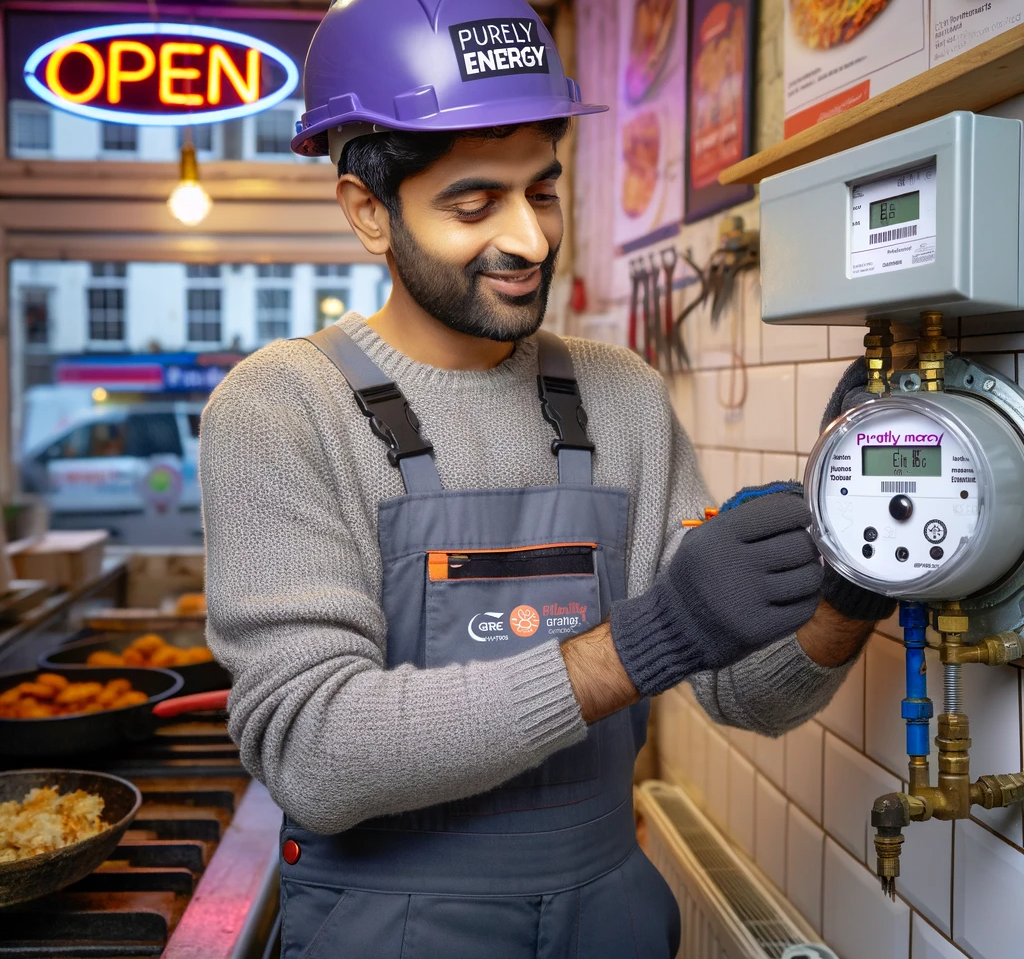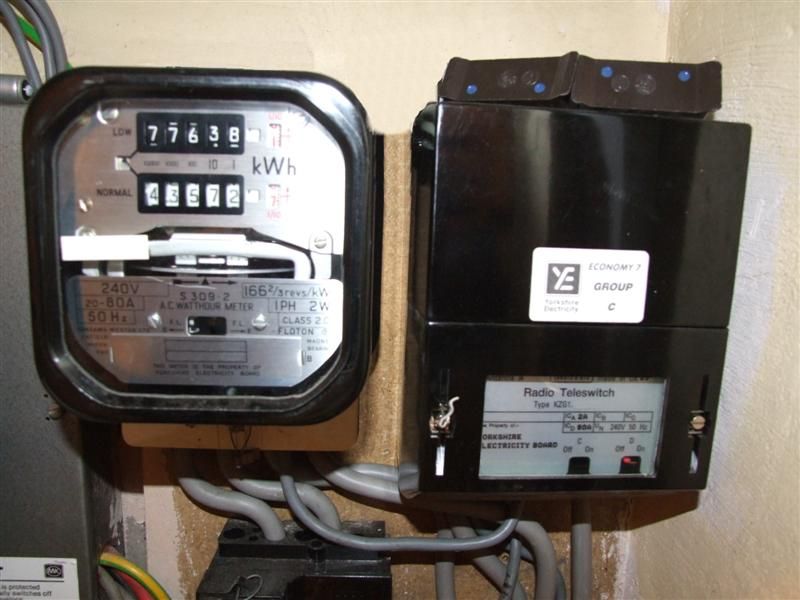Gas Meter Installation & What size gas meter is required

If you require a new gas meter at your commercial or domestic property we are able to help.
We can help with the below and have case studies for all:
- New Gas Connections
- Gas installation following a meter removal / disconnection from a supplier
- Replacing broken meters
- Meter upgrades / Meter downgrades
If any of the above are applicable to you or your business then we will be able to assist you.
How our process works:
1. Understand your requirements and how much gas demand you will require,
depending on what industry you are in, whether that is a small hairdressers or factory will depend on what meter you require.
Here is a chart of all of the different sizes of meters available:
Input your industry, estimated gas consumption, and building size to find the best gas meter for your business.
An average house in the UK will have a U6 meter. If you are only using your gas for a small boiler or kitchen then a U6 meter will be big enough. It is always worth checking how many Kilo-Watt hours your boiler uses or central heating.
Then from there you can work out what is required. It is unlikely you will be having everything on flat out all at once. If you were using a U6 Meter all year round, you would use 569,400 kWh, An average 2-3 bedroom home uses 11,500 kWh per year.
A U16 Meter would be useful if you are in a commercial setting and have a gas kitchen and main central heating.
If you are unsure of what meter you require, give the gas experts a call on: 0161 521 3400
2. We will then carry out a GT1 test,
to ensure you either require a new connection or a meter. A GT1 will help us to figure out if there is a current supply to the building or not. If there is already a supply we will be able to see what size meter you are able to have on site depending on what the pipework to the site is. If you require an upgrade we are able to assist.
3. Ensure you aren't overpaying for gas,
We would make sure that you aren't overpaying for the gas that your business or home is consuming. We would look at our charts and advise on the best time to renew and which supplier has the lowest prices for your requirements.
4. Book in a day with ourselves for your new meter.
Our average timeframe is 2 weeks if a GT1 test report is not required. If it is then the average time will be 3 weeks.




